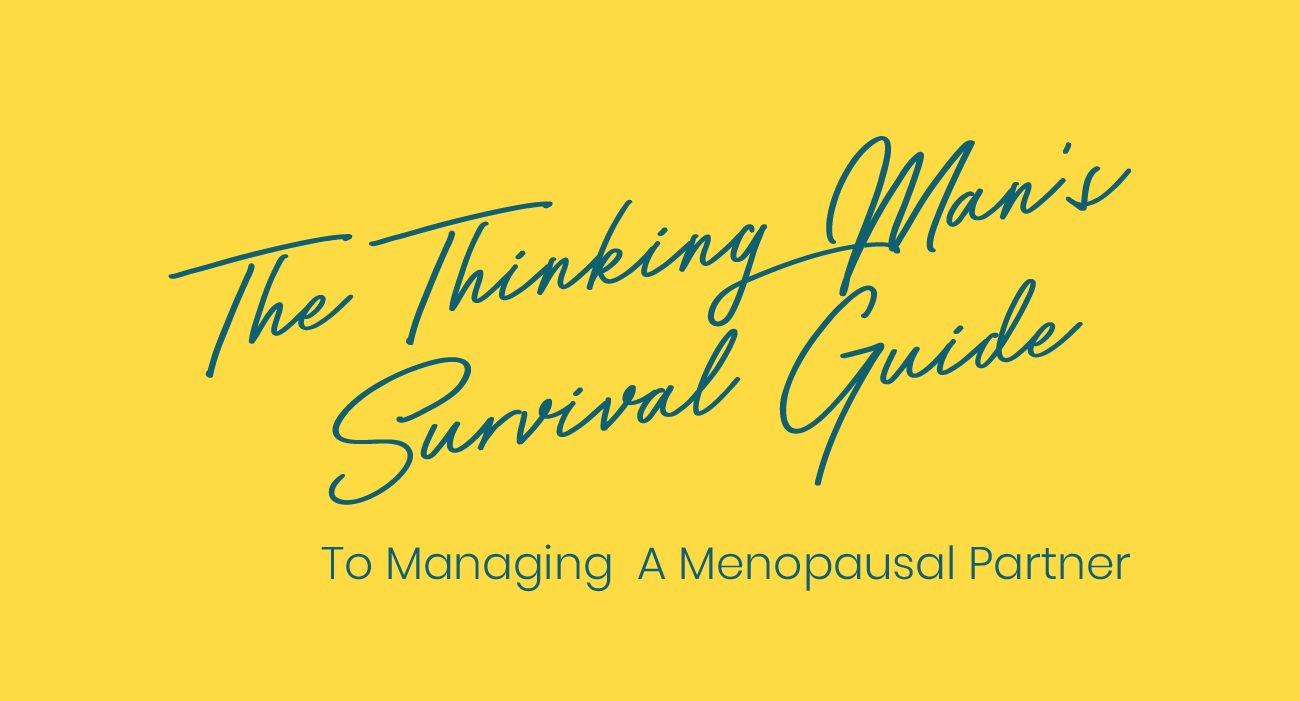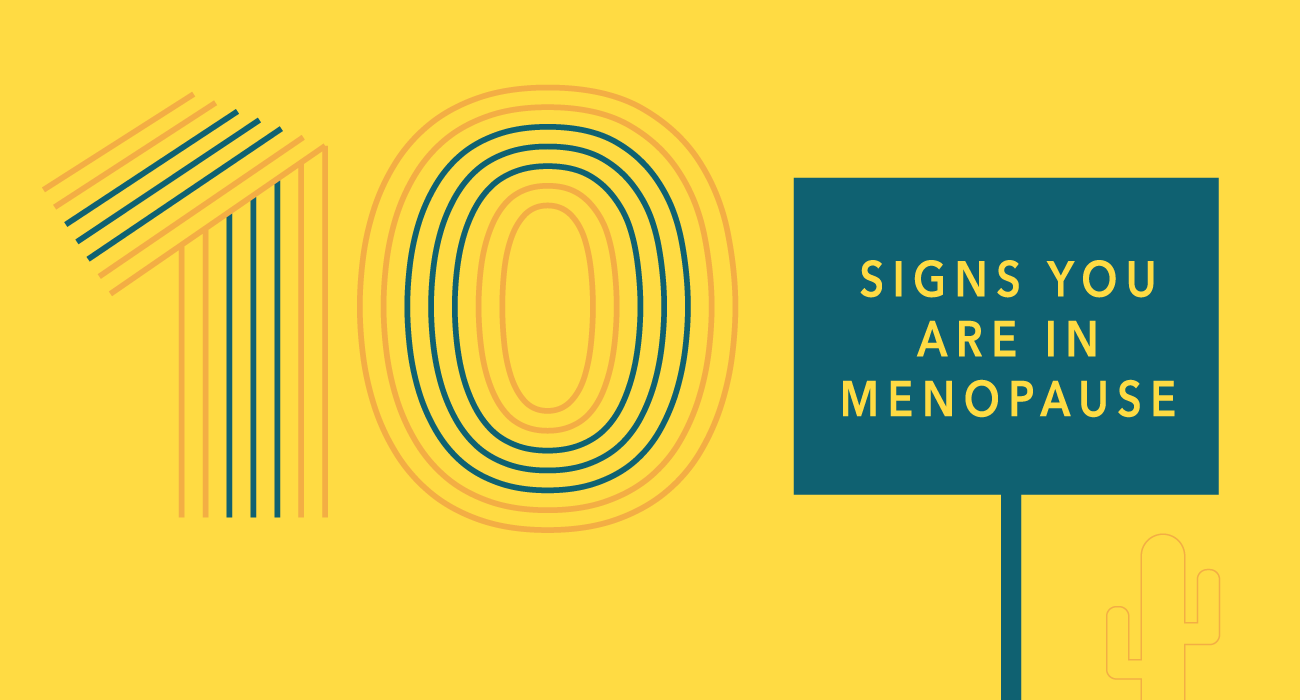
When to seek help for menopause – treatment options.
When to seek help for menopause – treatment options, fortunately, most women do not experience all 48 of the multitude of symptoms associated with menopause. But even so, hot flushes, sleeplessness, anxiety, and depression can cause significant disruption in our lives when entering menopause and need to be managed. More information on what symptoms are in fact due to menopause needs to be made available through health practitioners and in the workplace for all female employees.
Listed here are some of the many medical treatments available to women in menopause to treat the symptoms and reduce any discomfort or health risks:
- Hormone therapy usually uses a combination of two hormones, estrogen and progestin. HT comes in the form of a pill, patch, gel, spray, or vaginal ring. HT increases the estrogen and progestin levels in your body. It can prevent osteoporosis and ease menopause symptoms such as hot flashes and sleep problems.
- Vaginal estrogen can improve lubrication and prevent vaginal dryness.
- Antidepressants, can reduce mood-related symptoms and improve hot flashes.
Many women also choose to go the natural route; or combine lifestyle changes with medical interventions. Either way, women need to be empowered with the knowledge to practice self-care during menopause and thereby improve equality of life:
- Avoid alcohol, spicy foods, and caffeine, as these can make hot flushes worse.
- Give up smoking – combined with menopause, the risk of smoking increases certain health risks.
- Regular exercise helps with everything from stress relief to weight management.
- Stress management through various relaxation techniques
- Psychotherapy can provide a safe space to talk about the disruption menopause brings for some women.
So, at what point should women seek help?
If you are over 40 years and experiencing new or unexplained symptoms, speak to your doctor to rule out other health problems first.
And if you are in perimenopause or menopause or post-menopause, and your symptoms are causing problems in your life; or making you feel unwell, it is important to be aware of the various treatment options and lifestyle changes available to you to alleviate your symptoms.
For example, if you are suddenly experiencing insomnia; unexplained weight gain; experiencing mood swings; or finding it difficult to work because of ‘brain fog’; there are treatments that can help! You do not have to suffer alone or in silence.
Given that there is still a culture of silence around menopause and women do not discuss their symptoms – or suffering – openly; or even know when they hit perimenopause, it is important for all of us to become ‘Meno Activists’ and talk to our families, friends, and colleagues, and make sure women are aware of the symptoms and treatments available to assist them in their meno journey. It is precisely why we launched Daliah – to inform and help women experience the quality of life as they journey through menopause.
This is the story Daliah aims to tell. Your story
Additional sources:





